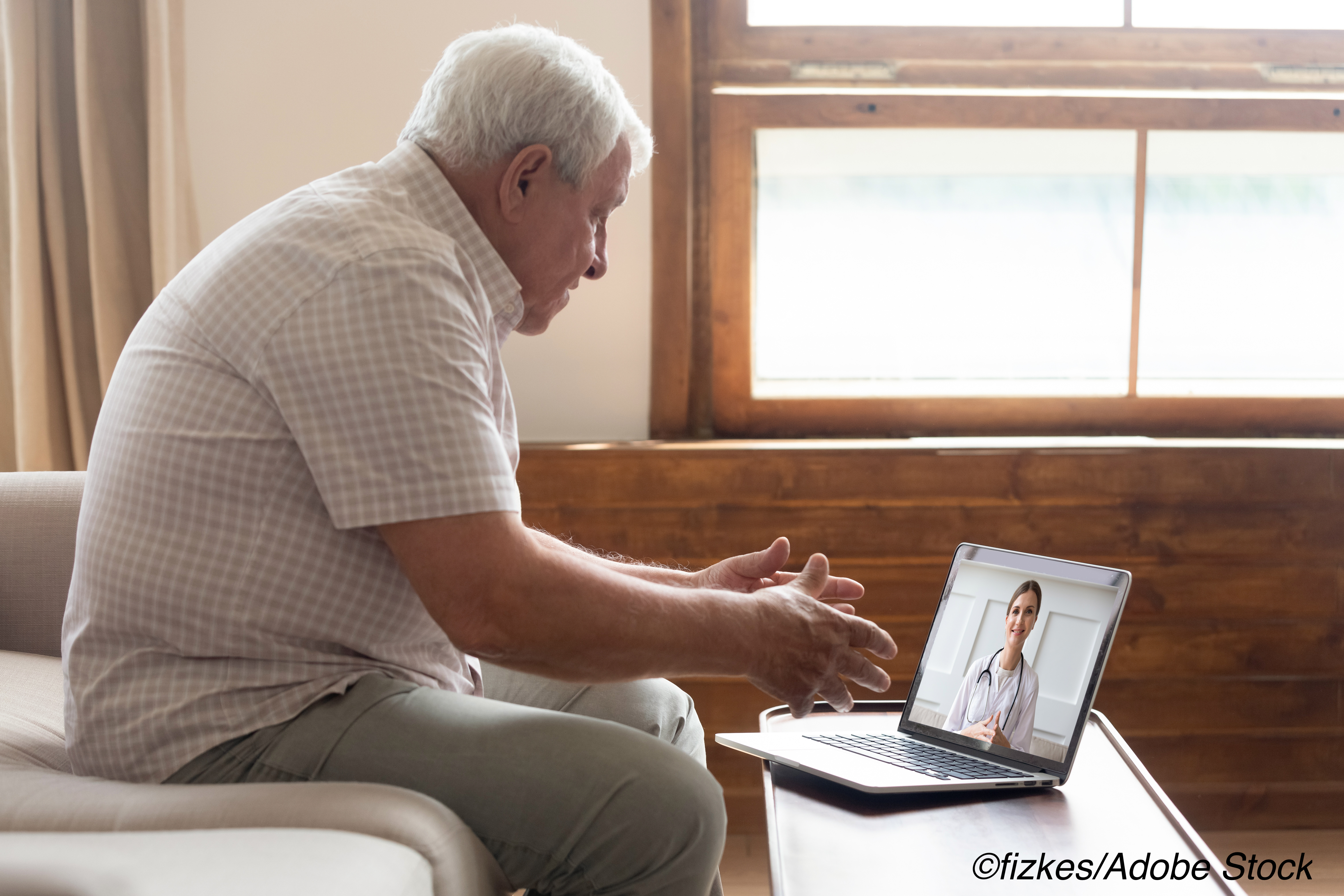 A randomized clinical trial found that people who live in rural communities and are trying to lose weight saw at least a 10% greater long-term reduction when individual phone counseling calls were used for remote care versus a control option.
A randomized clinical trial found that people who live in rural communities and are trying to lose weight saw at least a 10% greater long-term reduction when individual phone counseling calls were used for remote care versus a control option.
“National guidelines recommend comprehensive lifestyle intervention as the frontline treatment for people with obesity,” wrote study first author Michael Perri, PhD, a psychologist with the University of Florida, and colleagues, in JAMA Network Open. “Nonetheless, lifestyle treatment continues to be challenged by the maintenance problem and by limited data demonstrating effective dissemination into low-resource communities. The results from this randomized clinical trial inform each of these limitations. Our findings indicate that providing extended care via individual telephone counseling can enhance maintenance of lost weight and increase the proportion of participants who achieve clinically meaningful long-term reductions in body weight.”
Extended weight-loss care typically occurs face-to-face, but in rural communities, where obesity is a well-known and persistent health threat, the long distances that participants must sometimes travel can stymie success. Previous evidence found that telephone counseling can be effective, but little research had occurred on the potential effectiveness of a group or conference call-style intervention, which can be less resource-intensive than individual calls.
“We hypothesized that extended care delivered via either individual or group telephone counseling would produce greater long-term maintenance of weight loss than an education control program,” Perri and colleagues wrote. “Using a conference-call format to deliver telephone counseling simultaneously to multiple participants may provide an innovative, cost-effective alternative to individual telephone counseling.”
According to study authors, the trial occurred in 3 phases: an initial weight-loss period during which all participants received the same face-to-face interventions, a year-long period of extended care in randomized groups, and a 6-month period with no communication between participant and interventionists.
Among the 445 people who participated in the study (mean [SD] age, 55.4 [10.2] years; 368 [82.7%] women; 329 [73.9%] white), 149 (33.5%) received individual telephone counseling, 143 (32.1%) received group telephone counseling, and 153 (34.4%) in a control group received educational content via email. Mean (SD) weight at baseline was 99.9 (14.6) kilograms, with mean (SD) weight loss after initial intervention being 8.3 (4.9) kilograms.
Weight regains from month 4 to month 22 were 2.3 (95% CI 1.2-3.4) kilograms for the individual telephone group, 2.8 (95% CI 1.4-4.2) kilograms for the group-call group, and 4.1 (95% CI 3.1-5.0) kilograms for control-group participants. The percentage weight regains from months 4-22 were 2.7% (95% CI 1.5-3.8%) for the individual telephone counseling group, 2.9% (95% CI 1.4-4.4%) for the group telephone counseling group, and 4.4% (95% CI 3.4-5.5%) for the control group. The difference in percentage regain between the individual telephone and control groups was 1.8% (95% CI 0.2-3.4%), and the difference between the group telephone counseling and control groups was 1.5% (95% CI -0.3% to 3.3%). A greater number of participants in the individual group achieved at least a 10% weight reduction (31.5% [95% CI 24.1-40.0%]) than the control group (19.1% [95% CI 14.1-24.9%]).
“Extended care delivered via individual telephone counseling produced significantly better long-term maintenance of lost weight than did an education control program,” Perri and colleagues wrote. “Second, a significantly larger proportion of participants who received individual telephone counseling achieved long-term weight reductions of at least 10% compared with the education control group. Third, the effect of individual telephone counseling on improved long-term maintenance of lost weight was partially mediated by greater adherence to caloric intake goals.”
Study limitations identified by the authors included the fact that the findings’ generalizability may be limited and that the assessment of adherence was based on uncorroborated data from daily self-monitoring records.
In an accompanying editorial, Lu Hu, PhD, a population health researcher with New York University, and colleagues, none of whom were affiliated with the study, wrote that the evidence is a good first step but that more needs to be understood about telephone counseling for weight loss, particularly for men.
“With these important findings in mind, several questions remain unanswered and warrant further investigation,” Hu and colleagues wrote. “First, it is unclear why there was no significant difference between the group telephone counseling and the educational program groups… Second, given the important role of self-monitoring and adherence to caloric goals, how can we best support individuals in these efforts?… Third, most of the study sample was composed of female participants. Yet, there is a substantial knowledge gap in understanding how to best reach and engage male adults in weight-loss efforts. Future studies need to explore how to recruit and help male participants to lose weight and prevent weight regain. Such research would be of benefit for obesity management in both rural and general populations.”
-
A randomized clinical trial found that people in rural communities had 10% more weight loss when using individual phone calls for extended care compared to email.
-
Be aware that these results may not be generalizable to other populations, and men were under-represented in the study.
Scott Harris, Contributing Writer, BreakingMED™
No source appearing in this article disclosed any relevant financial relationships with industry.
Cat ID: 917
Topic ID: 915,917,730,795,51,518,151,917


